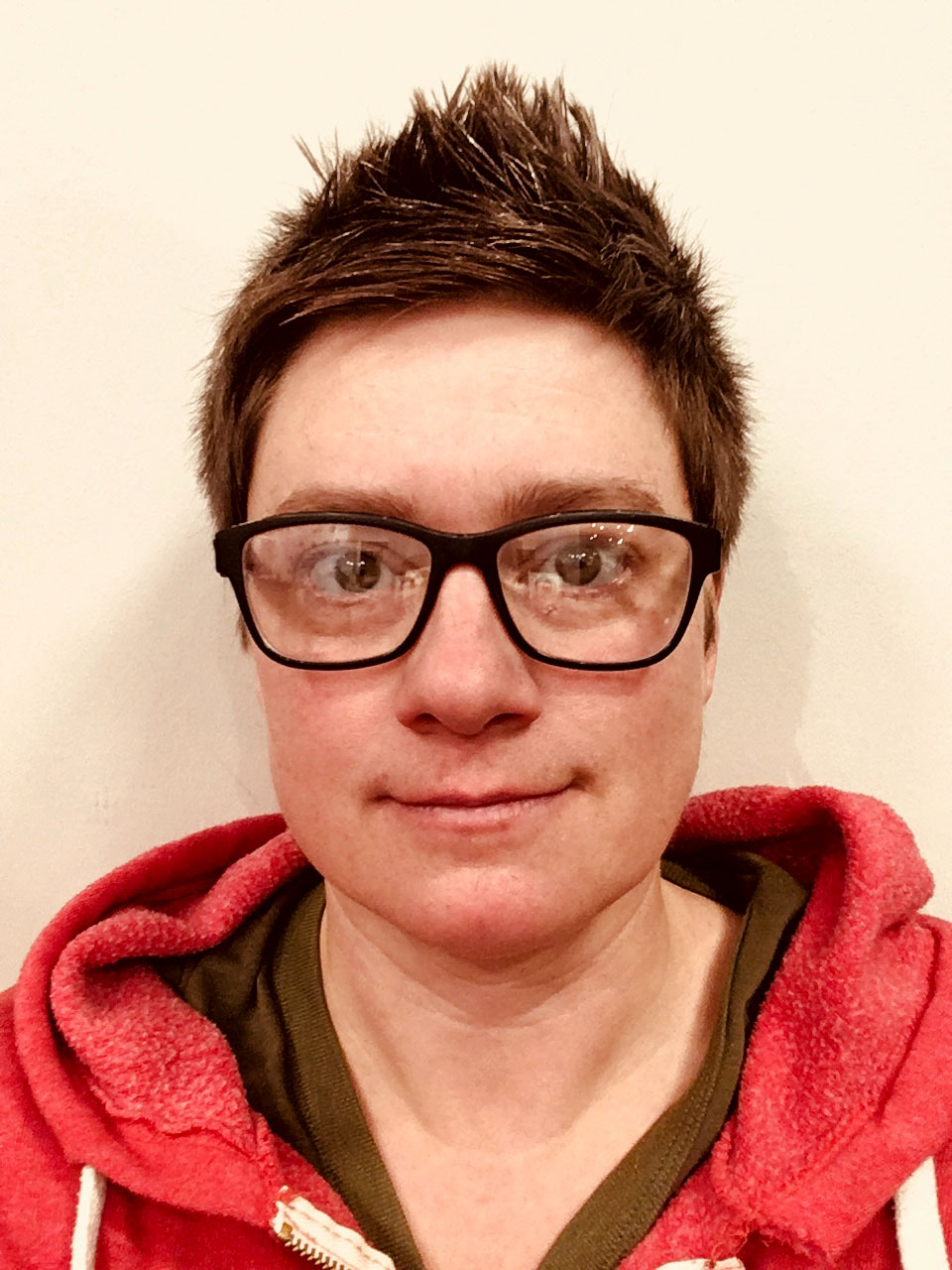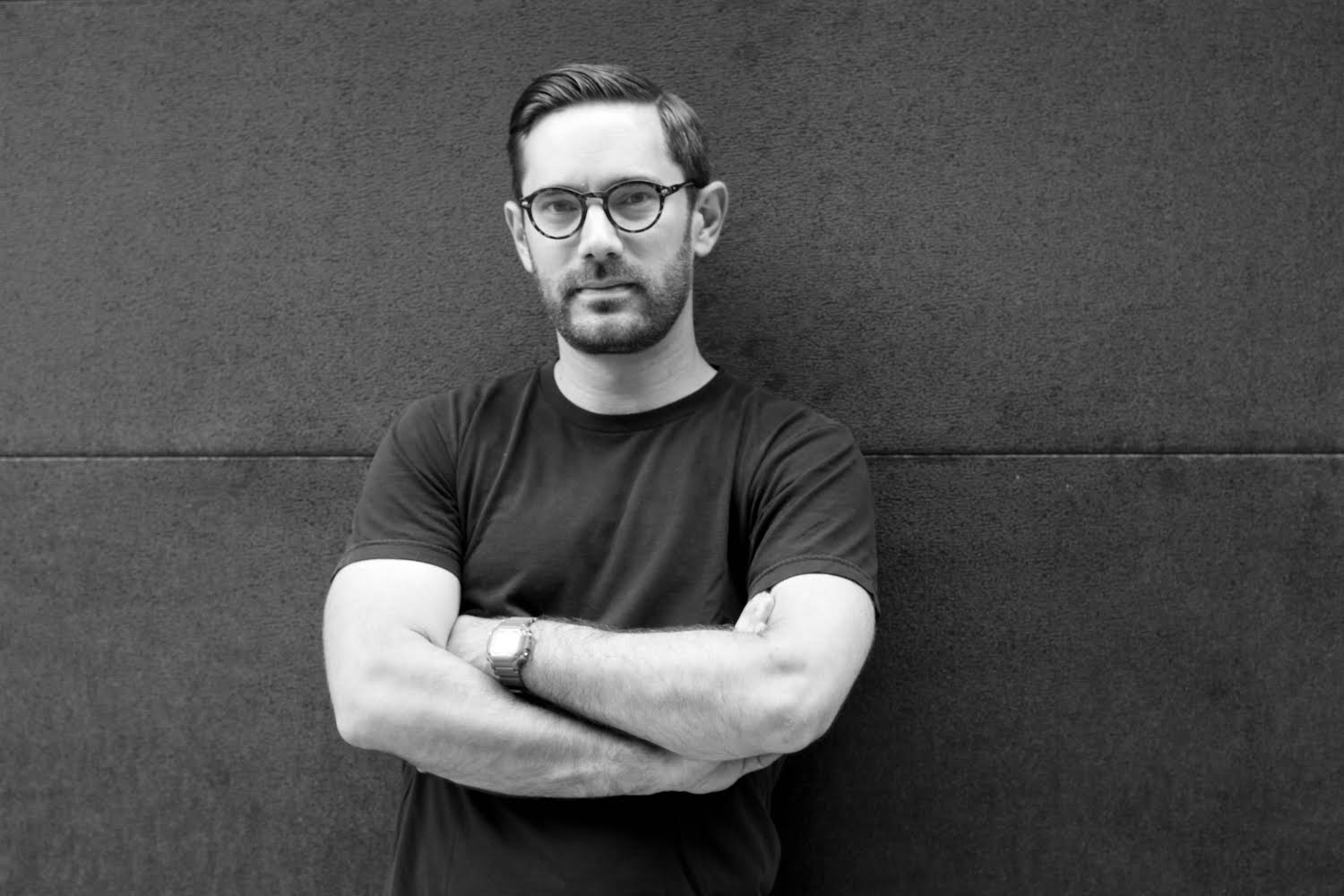Anthem
Dear blitzkrieg of wetness and breasts,
Dear masseuses and muses, thighs sluiced
with juices, Dear coven members posing
peppery questions, like: is a witchy third breast
akinto a third eye? Can we climb into the light
now from cellars or attics? Can we abandon
our nectar dance temporarily, stop skimming
the froth off the cauldrons and let our bravura
arias ascend? So much depends upon shrewd,
ingenious, difficult women, prodigal daughters
and wisecracking wives, unwilling brides, bakers
of exploding pies, giantesses in whose tresses
condors nest, audacious maidens with blood on
their tongues, all of whose chests house furious
hearts: how is it your beauty never departs?
Buried Song
When our love first became alien to me,
when you first peered at me like I was smeared
and illegible, then a rude-humored voice
began to leak from some objects, a tube of anise
toothpaste, for example, a taste I can’t sanction
given licorice’s near-opiate sweetness,
so like that of a well-told lie. So I questioned
the right of that toothpaste, and later a lamp,
to disparage me. But that was as far as I got
in defending myself. There’s something crushing
about being judged by the butterknife you just
buttered your muffin with. When I took issue
with its critique, I was met by agressive
metallic laughter. How long have objects been
nursing these grievances? Though the authority
they seized seemed like a disease, I was nonetheless
hurt by what they implied. This winter, while seated
beneath a chestnut tree, trying to unite my mind
long enough to understand a paragraph, the tree
spoke to me, though at first I mistook its voice
for tuba music, a rake scraping flagstone, or
someone snaking a drain. Though the tree
astonished me with its equanimity, though it talked
gently about how to treat ailments not easily named,
when I left the tranquil courtyard that afternoon and
ran into smack you and you looked at me askance,
it took several days to recover from your glance.
Everyone’s Darkness
is noteworthy and curious
causing vision to skitter
like the thoughts of small birds
or it’s a black sack yanked over ones head
as one is roughly shoved
into the trunk of a car
his particular darkness
involved booby traps and snags
humiliation and violation
and his particular darkness
had needle-like teeth
but was a bigger stronger animal
than both of them put together
while her particular darkness
recorded on her arrest record
added ferocity to their conflict
and one feels torn saying this
but it was like he was some convict
behind thorn-crowned prison walls
except he’d done nothing wrong
the two of them a raging mess
their heads swarming like hives
falling into disuse
while they concentrated on everything
below the neck
he nursed his limited definitions of beauty
while she meditated on whether
she wished to be buried at sea
whether she’d want their ashes
shaken together in a cocktail shaker
making a dry martini of them
before being tossed to the hungry tide
or whether it would be better
to have their ashes scattered
on separate planets
and dispersed by solar winds
Night Life
How can this equal rest or peace, this garble of gasps, snuffles,
and horse-like snorts? His lips flutter as though he’s blowing
bubbles, his moans so choked he must be drowning . . . or are
his legs being sucked in by quicksand, the way a restaurant
critic sucks the bones of her osso buco? In my overheated,
night-gowned silence I watch him flinch in a puddle of bedside
light. A range of ages and plights wash over his face. Who is
this sleeping, unshaven male, this slab of snoring meat, this
leaky ship of divinity? I stare across the chasm which divides
each waking or sleeping creature, whether they’ve touched
each other or not. He’s a magician who made an orchard
disappear, an unhinged shooter from St. Louis, a plum
colored shadow, a handful of chameleon teeth, one of god’s
toboggans, a tree denuded of leaves bleeding beads of amber.







































